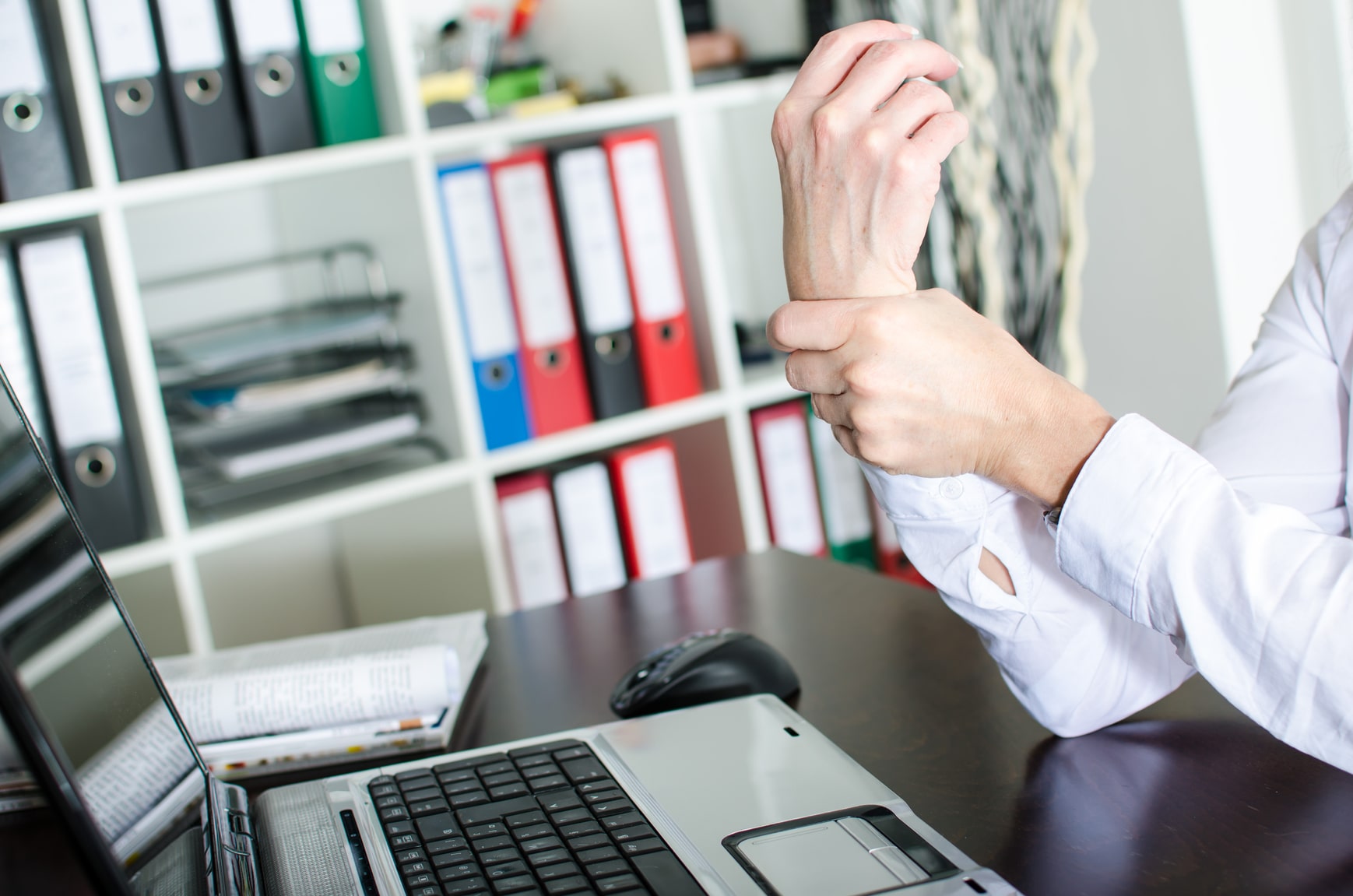Evaluating TikTok’s Pain Relief Trends: What Works And What Doesn’t
TikTok is filled with pain-relief tips, some helpful and others questionable. In the quest for relief from chronic or acute pain, people are often drawn to viral methods that promise quick fixes. We spoke with some local Rockville, MD, pain medication doctors to evaluate the popular advice circulating on social media. Are these popular treatments right for you? Let’s dive in!
Gua Sha: A Traditional Method With Benefits
Expert verdict: Legit.
Gua Sha, an ancient Chinese therapy, involves scraping the skin with a smooth-edged tool to release tension and improve circulation. “It’s effective for many types of chronic pain,” says Mikhail Kogan, medical director at GW Center for Integrative Medicine. He recommends seeking a professional to avoid injury, as improper use can cause harm.
Soaking Feet In Warm Water: Soothing But Uncertain For Migraines
Expert verdict: Potential benefits, but needs more research.
A popular TikTok suggestion for migraine relief, soaking feet in warm water is believed to draw blood away from the head. While evidence is limited, some people report relief. “Foot soaks can relax the nervous system, which might help with migraines,” says Niteesh Bharara, director of regenerative medicine at VSI in Reston. Adding Epsom salts, which contain magnesium, may enhance benefits, as magnesium deficiency has been linked to migraines.
Acupressure Mats: Not A Long-Term Solution
Expert verdict: Not legit.
Acupressure mats are designed to stimulate pressure points, but doctors are skeptical about their long-term pain relief. “Acupuncture requires precise identification of points, which mats can’t provide,” says Kogan. For effective acupressure, it’s best to consult a trained practitioner.
Red-Light Therapy: A Valid Treatment Option
Expert verdict: Legit.
Red-light therapy uses infrared light to stimulate cellular repair and reduce inflammation. Studies show it can help with conditions like osteoarthritis and muscle damage. Bharara recommends at-home devices with wavelengths between 600 and 1,000 nanometers for pain relief, as they help increase blood flow and decrease swelling.
Cold Plunge: Potential But Lacks Strong Evidence
Expert verdict: Potential benefits, but needs more research.
Cold plunges are believed to reduce inflammation and boost mood, but scientific evidence is still inconclusive. “Cold exposure may help with muscle soreness and inflammation,” says Mehul J. Desai, medical director at the International Spine, Pain & Performance Center. While the cold can trigger the release of dopamine, more research is needed to determine the optimal conditions for pain relief.
While TikTok can be a source of creative ideas, it’s important to consult with medical professionals before trying new pain-management techniques to ensure their safety and effectiveness.
Let’s Look At Legit Pain Management Techniques From A Pain Management Doctor
Pain management doctors recommend various evidence-based techniques to help alleviate both chronic and acute pain:
- Physical Therapy: Tailored exercises and stretches, guided by a physical therapist, can strengthen muscles, improve mobility, and reduce pain, especially for conditions like back pain, arthritis, and post-surgery recovery. Physical therapy addresses the root cause of pain and helps prevent future issues.
- Medications: Doctors often prescribe nonsteroidal anti-inflammatory drugs (NSAIDs), acetaminophen, or more potent painkillers like opioids for short-term pain. For chronic pain, medications like antidepressants or anticonvulsants may be used to alter nerve signaling.
- Injection Therapies: For targeted pain relief, procedures such as epidural steroid injections or nerve blocks can directly reduce inflammation or disrupt pain signals at specific sites, offering relief for conditions like sciatica or arthritis.
- Mind-Body Techniques: Practices like meditation, mindfulness, and deep breathing help manage the emotional aspect of pain, reducing stress and promoting relaxation.
At AmeriWell Clinics, we work with your treatment team to incorporate non-addictive pain management methods to help you feel better and enjoy greater mobility and independence. Call our offices today to book a personalized consultation.
